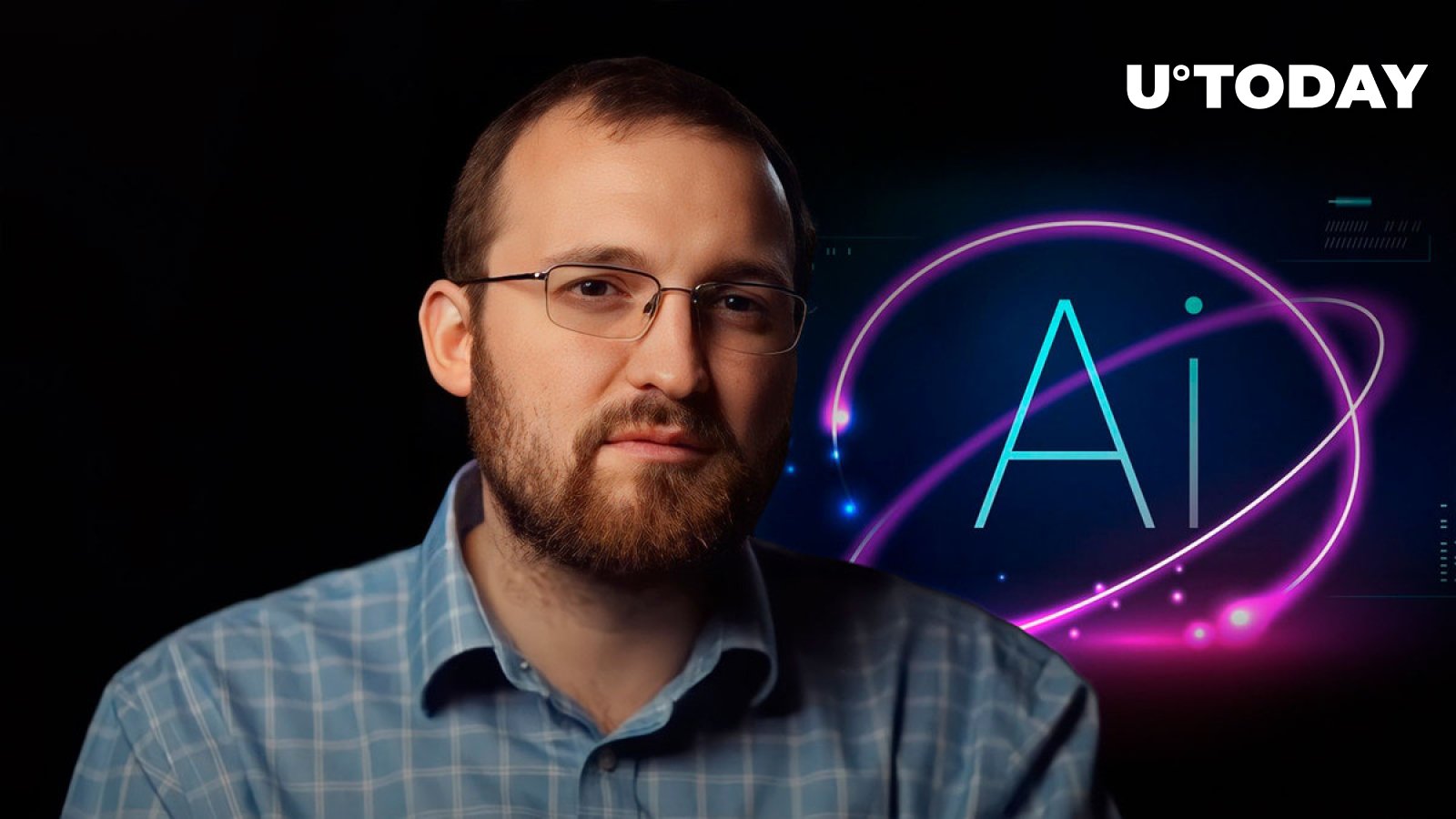In a recent surge in developments in the artificial intelligence sector, Charles Hoskinson, the founder of the blockchain platform Cardano, made a bold prediction regarding the future of AI technology. Taking to X (formerly Twitter), Hoskinson outlined a future where the advent of fully open-source models will usher in an era of cognitive agents, potentially revolutionizing business practices and personal technology use.
Hoskinson tweeted that the transition of Grok to a fully open-source model, the upcoming release of Llama 3 by Meta Platforms and Apple’s significant contribution to the open knowledge of artificial intelligence would alter the landscape of Large Language Models (LLMs).
He stated that by the end of the year, there would be highly optimized, fully open-source models capable of running locally and being tuned based on individual personal data. The Cardano founder concluded that this development would herald the age of cognitive agents and forever transform how business is conducted.
Major AI breakthroughs
Hoskinson’s forecast centers on three major developments. First, Grok, a generative AI chatbot developed by xAI, is making headlines as it becomes fully open source. Initiated by Tesla CEO Elon Musk, Grok aims to be a formidable counterpart to OpenAI’s ChatGPT. The decision to open-source Grok is seen as a significant move toward democratizing AI technology.
Another cornerstone of Hoskinson’s prediction is the upcoming release of Llama 3, the latest version of Meta Platforms’ large language model. Scheduled for release in July, Llama 3 is anticipated to push the boundaries of what AI can achieve, particularly in understanding and generating human-like text.
Moving on, we have Apple’s foray into Generative AI. The company’s acquisition of DarwinAI, a start-up specializing in generative AI, indicates a strong move into the AI space. The tech giant is expected to integrate advanced AI features into iOS 18, marking a significant step toward bringing AI capabilities to consumer devices.
Hoskinson believes these developments will create “cognitive agents” – AI systems that can understand, learn and operate based on individual user data. Unlike current AI models, which largely depend on cloud computing, these future models could run locally on devices.
This shift could result in a more personalized, efficient and secure use of AI, as data processing can be done on the user’s device, reducing reliance on external servers and minimizing privacy concerns. Overall, the movement toward open-source models and the integration of AI into consumer technology marks a significant shift in the landscape.
